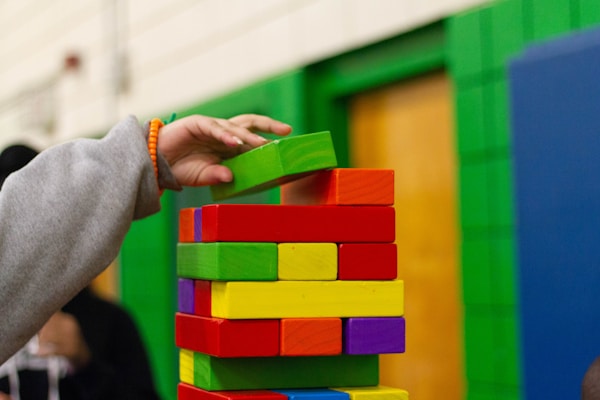Children are constantly growing and developing, and their toys play a big role in this process. Toys can help children learn new skills, practice existing ones, and explore their imaginations. Toys can also help children develop social skills and learn important behaviors like sharing and taking turns. When choosing toys for your child, it is important to consider their age, interests, and abilities. Keep reading to learn more about how toys can contribute to child development.
Toys can help support and extend a child’s play.

Play is more than just fun and games. Through play, children learn how to interact and communicate with others, practice problem-solving and creative thinking, and other important life skills. Play is also beneficial for a child’s physical health and development. Experts in the field, including behavior analysts, often site the importance of play and toys for healthy childhood development.
For people interested in intellectual and behavioral development, becoming a Board Certified Behavior Analyst can be highly rewarding work. Getting a master’s degree in applied behavior analysis is the first step toward becoming a behavior analyst, and there are many great BCBA schools online.
Toys help children learn to cooperate and collaborate with others.
Play is central to a child’s social development. Toys and games that are designed to be interactive encourage children to engage in playtime with others, providing opportunities for children to learn how to cooperate and collaborate. Games that require two or more players allow children to learn how to take turns, how to share, and how to work together to achieve a common goal.
Toys can also help children learn about the world around them. Toys that depict different cultures or teach children how to use tools help children learn about different parts of the world and the skills necessary to function in society.
Toys help stimulate physical, intellectual, and emotional development.

Play provides opportunities for growth in every aspect of a child’s development. Toys can help children develop their motor skills—toys that require children to use their hands and muscles, such as puzzles and blocks, can help improve dexterity and coordination. Toys that encourage children to talk, such as dolls and puppets, can help improve language skills. Toys can also provide a sense of security and comfort.
Toymakers understand the importance of play and the effects toys have on childhood development and create many new products accordingly. Mattel, one of the largest toy manufacturers in the world, has a long history of producing popular toys for children. Many Mattel toys are educational and designed to help teach children new skills, such as counting, colors, and letters. Mattel makes educational toys for children of different ages; helping to stimulate the brain and cognitive function for every stage of a child’s development.
Choose toys that are appropriate for your child’s age and developmental stage.
Choose toys based on a child’s age and interests. Babies, toddlers, and school-age children need help developing different skills and abilities, so they should play with toys designed for their particular stage of development.
For example, toddlers need toys that help them to develop their fine motor skills. Toys that have small parts or require a child to use their hands and fingers, such as puzzles, building blocks, and dolls, are perfect preschool toys. Toys that require a child to think about how to solve a puzzle or how to build something are perfect for older children, as they’re developing problem-solving skills.
Overall, toys are helpful tools for healthy childhood development. Toy companies, such as Mattel, understand this and make many toys to encourage healthy cognitive and behavioral development.
